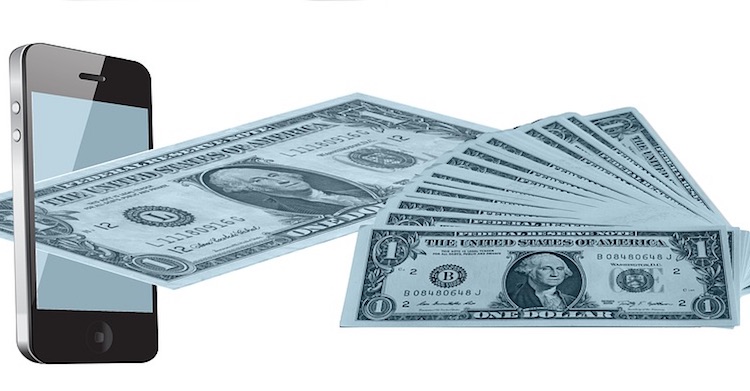Payments
Trust issues in payments give banks a leg up over Venmo
- A LendEdu poll found that a third of millennials have used Venmo for drugs and a fifth of them have used it for betting or gambling.
- For banks and fintech companies operating peer-to-peer payments services, pinpointing illegal transactions isn't always an easy task.








